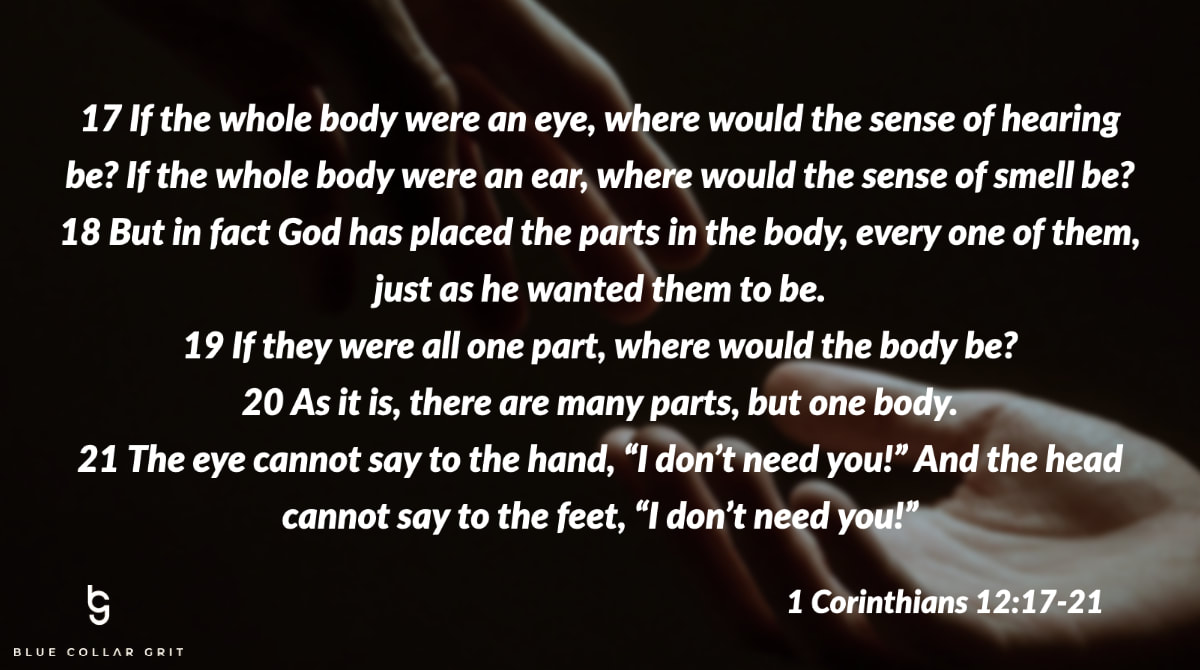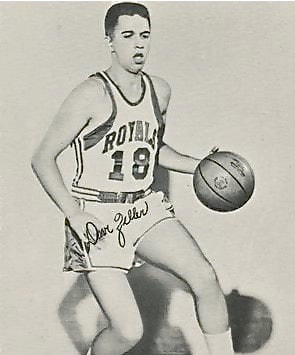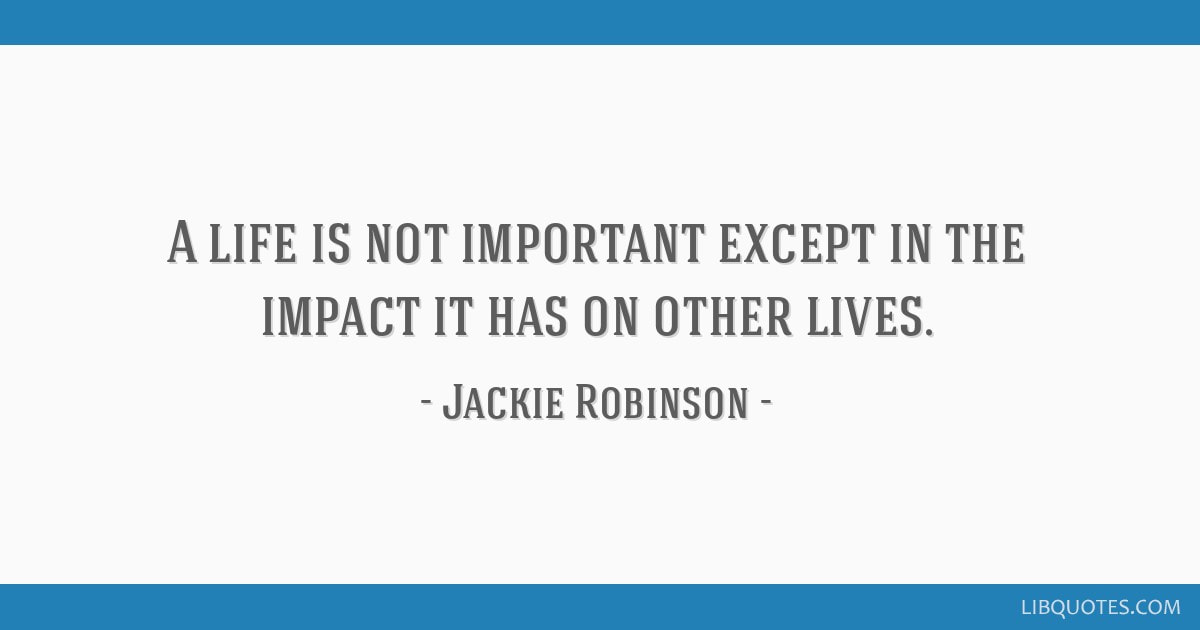Know Your Role
0 Comments
You Only Get One (Re-post)
Your Old Friend Grace
The Original Instagram
|
About bcI'm a teacher, coach, and parent seeking excellence while defining success on my own terms. Archives
April 2024
Categories |






 RSS Feed
RSS Feed